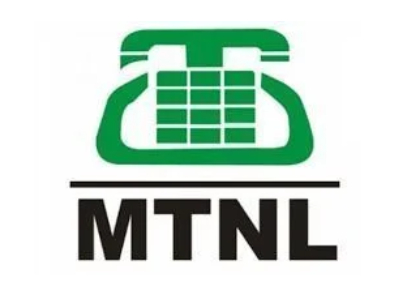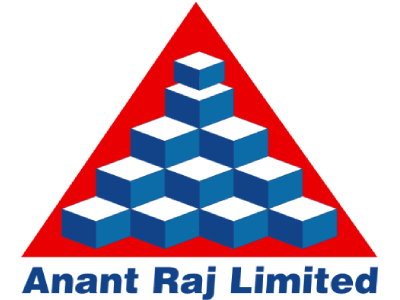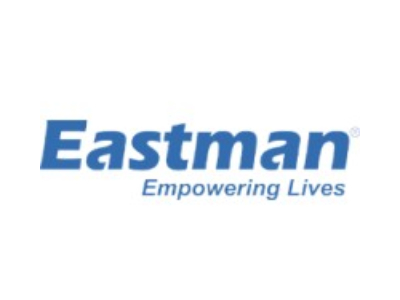Your cart is currently empty!
IEC
IEC
IEC stands for Import Export Code, which is a unique 10-digit code issued by the Directorate General of Foreign Trade (DGFT) in India. It is a registration required for individuals or businesses engaged in importing or exporting goods and services from India. The IEC acts as an identification number that facilitates international trade transactions and is mandatory for any import or export activity.
The Import Export Code (IEC) is essential for individuals or businesses involved in import or export activities. It serves as a unique identification number that enables them to engage in cross-border trade. It is required by customs authorities for clearance of goods and for availing benefits or concessions provided under various foreign trade policies.
Free Call Back by our Expert
Here are some key characteristics of IEC
- Importance and Purpose
- Eligibility
- Application Process
- Processing and Issuance
- Use and Compliance
- Modification or Surrender
The Import Export Code (IEC) is essential for individuals or businesses involved in import or export activities. It serves as a unique identification number that enables them to engage in cross-border trade. It is required by customs authorities for clearance of goods and for availing benefits or concessions provided under various foreign trade policies.
Import Export Code (IEC) is a 10-digit code issued by the Directorate General of Foreign Trade (DGFT) in India. It is a unique identification number that serves as a prerequisite for businesses involved in import and export activities.
Purpose: The primary purpose of the Import Export Code is to identify importers and exporters and monitor their international trade transactions. It is mandatory for any business or individual seeking to engage in cross-border trade activities in India.
Any individual, partnership firm, limited liability partnership (LLP), company, or any other entity can apply for an IEC. There are no specific eligibility criteria or restrictions on who can apply for the code.
The application for an IEC can be submitted online through the DGFT website or manually by filling out the relevant form and submitting it to the DGFT regional office. The application must be accompanied by the required documents and the prescribed fee.
Required Documents: The documents generally required for an IEC application include:
- PAN (Permanent Account Number) card or copy of PAN allotment letter
- Passport size photograph of the applicant
- Bank certificate or canceled cheque leaf to verify the applicant’s bank account
- Copy of identity proof, such as Aadhaar card, passport, voter ID, or driving license
- Copy of address proof, such as electricity bill, telephone bill, rent agreement, or property papers
The exact document requirements may vary based on the type of applicant (individual or business entity) and the jurisdiction.
Once the application is submitted along with the necessary documents, the DGFT will process the application. Upon successful verification and completion of the process, the DGFT will issue the IEC within a specified timeframe. The IEC is valid for the lifetime of the applicant and does not require renewal.
Once the IEC is obtained, it is necessary to mention the code in all import or export-related documents, such as shipping bills, customs declarations, and invoices. The IEC holder is also required to comply with the applicable laws, rules, and regulations related to imports and exports, including customs regulations and foreign trade policies.
In case of any changes in the details provided during the IEC registration, such as address or ownership, the IEC holder must update the information with the DGFT. If the IEC is no longer required, it can be voluntarily surrendered by informing the DGFT.
Customer Reviews
VITIKA MAKAJI
Trademark Objection
- Verified Customer
04 May 2023
Good follow up.
SWETHA D
DIN eKYC Filing
- Verified Customer
12 May 2023
Goood
HARIHARAVIJITHA M
Trademark Registration
- Verified Customer
04 May 2023
nice
VITIKA MAKAJI
Trademark Objection
- Verified Customer
04 May 2023
Good follow up.
Our Clients







